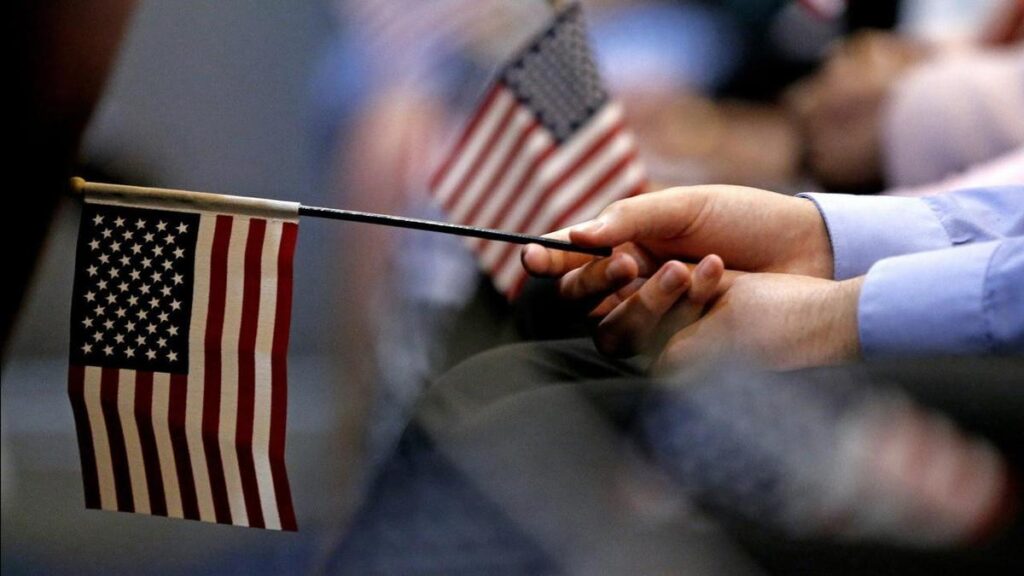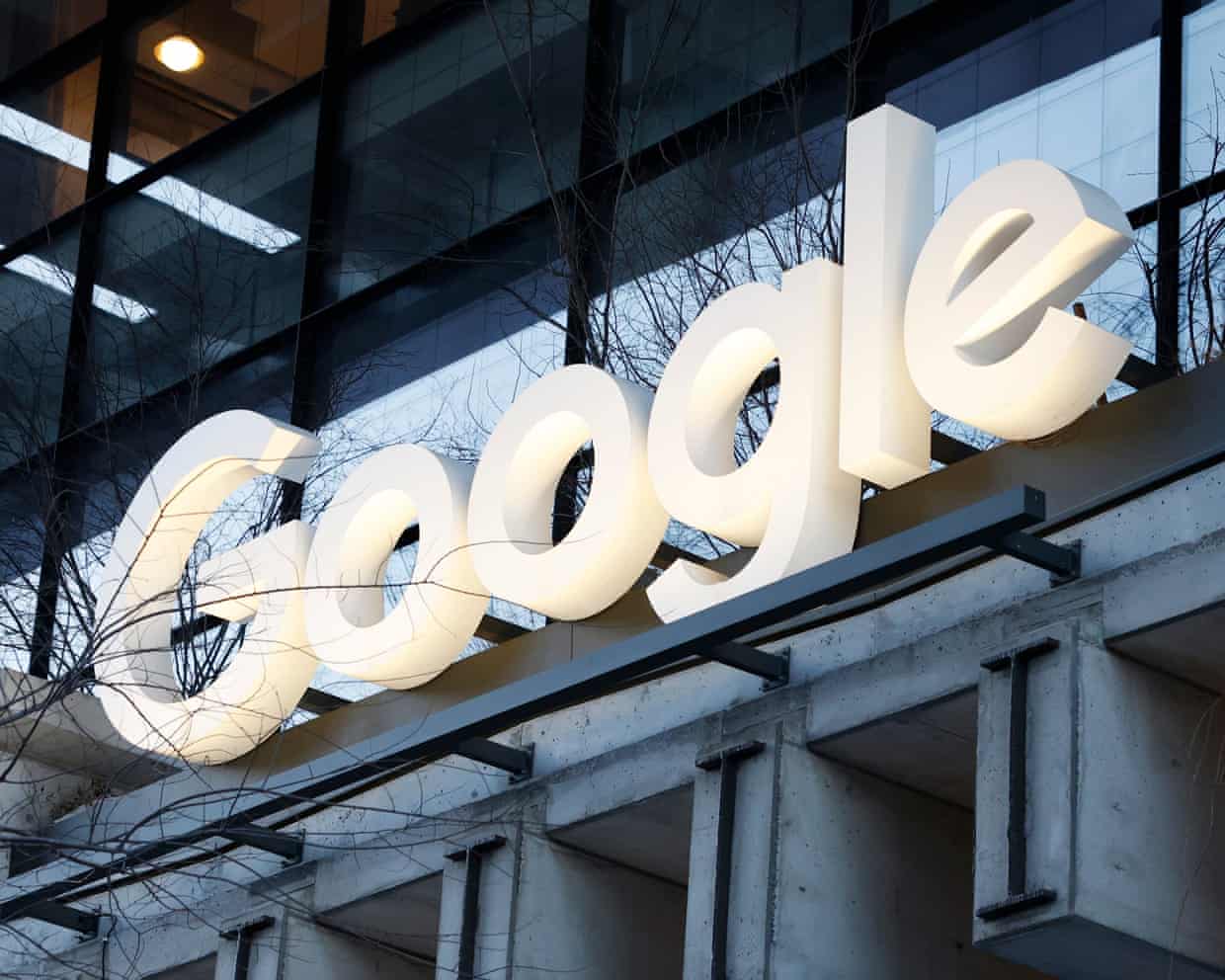
BREAKING: The Trump administration has just announced a controversial proposal to impose a staggering $100,000 annual fee on companies seeking H-1B worker visas. This bold move threatens to significantly impact the technology sector, which heavily relies on skilled talent from countries like India and China.
Officials confirmed that the new fee could dramatically increase operational costs for tech companies, particularly smaller firms and startups. US Commerce Secretary Howard Lutnick stated, “A hundred thousand dollars a year for H-1B visas, and all of the big companies are on board. We’ve spoken to them.”
This proposal marks a pivotal shift in the H-1B visa program, reflecting the administration’s ongoing efforts to reshape immigration policies since taking office in January. The move has ignited fierce debate within the tech industry, raising concerns about job availability and wage suppression for American workers.
Critics, including many US technology employees, argue that the H-1B program enables companies to overlook qualified American candidates, thereby lowering wages in key sectors. In contrast, supporters like Tesla CEO Elon Musk advocate for the program, emphasizing its importance in attracting highly skilled workers essential for maintaining competitive advantage.
Musk, who himself was once an H-1B visa holder, voiced his concerns on social media, stating that “adding new fees creates a disincentive to attract the world’s smartest talent to the US.” He warned that if the US fails to draw in the best talent, it could stifle innovation and economic growth.
The statistics are telling: in 2024, India accounted for 71% of approved H-1B visa beneficiaries, while China followed with a mere 11.7%. Major tech companies are heavily involved; for instance, in the first half of 2025, Amazon secured over 10,000 H-1B visa approvals, with Microsoft and Meta Platforms each exceeding 5,000 approvals.
This developing situation raises urgent questions about the future of the tech workforce in the US. If implemented, the fee could discourage companies from hiring skilled foreign workers, potentially leading to a talent drain. As the tech sector grapples with these changes, many are left wondering: what will be the long-term implications for innovation and job creation in America?
Stay tuned for more updates on this critical issue as it unfolds.





